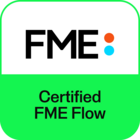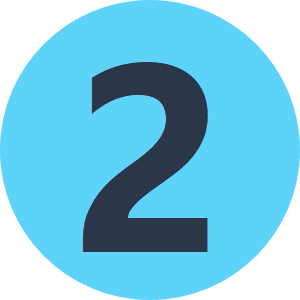Hi FME Community,
Here’s our Question of the Week: What industry do you work in and/or area do you specialize in? Share in the comments below.
In our recent FME Community User Survey, a strong theme emerged: you’d like to connect with fellow users in your field and share best practices relevant to your industry’s unique challenges. Stay tuned for more announcements from the survey!
New to the Question of the Week?
Every week, we’ll post a simple but thought-provoking question that could be about your FME journey, the power of spatial data, FME innovation, or the future of FME.
Each weekly question you answer earns you an entry in our monthly draw for exclusive Safe swag and points toward badges! Answer your first question and you’ll get the Socializer (Ice Breaker) badge. Answer five questions and you’ll get the Socializer (Talker) badge.































